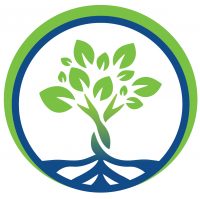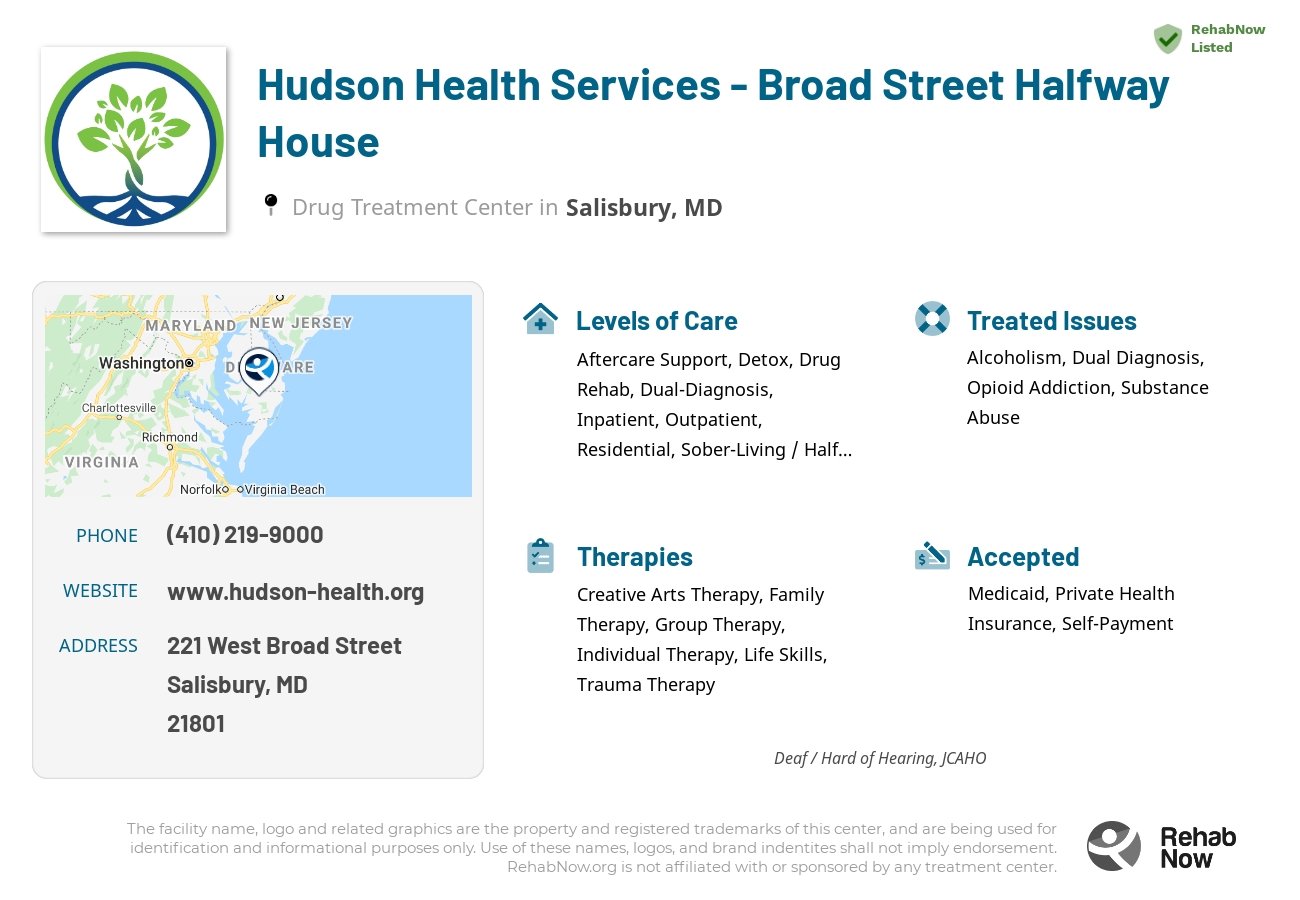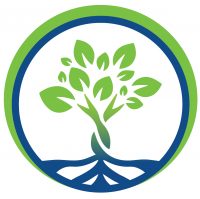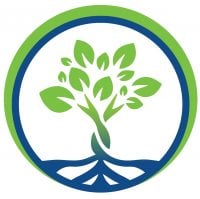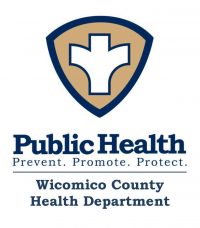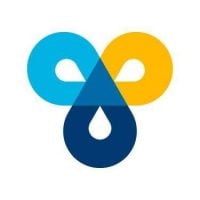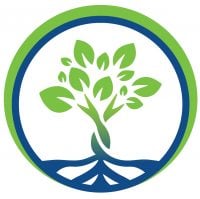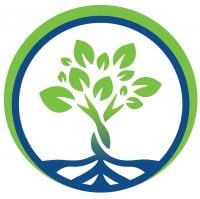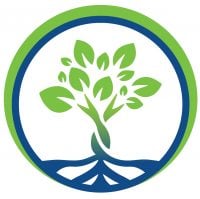Hudson Health Services - Broad Street Halfway House
Drug Rehab Center in Salisbury, Maryland
Hudson Health Services - Broad Street Halfway House in Salisbury, MD is an accredited addiction treatment facility that specializes in treating individuals suffering from alcoholism, dual diagnosis, opioid addiction, substance abuse, drug addiction, and mental health by offering a range of levels of care and accepting private health insurance.
About Hudson Health Services - Broad Street Halfway House in Maryland
Hudson Health Services - Broad Street Halfway House, founded in 1980, is an Addiction Treatment Facility located in Salisbury, MD. Their facility is accredited by the Joint Commission on Accreditation of Healthcare Organizations (JCAHO), ensuring that they meet national standards of quality and safety. Hudson Health Services specializes in treating individuals suffering from Alcoholism, Dual Diagnosis, Opioid Addiction, Substance Abuse, Drug Addiction, and Mental Health. They offer a range of levels of care including Detox, Inpatient, Outpatient, Residential, Sober-Living / Half-Way, and Aftercare Support. Additionally, they accept private health insurance, making their services accessible to a wide range of individuals seeking treatment.
Hudson Health Services - Broad Street Halfway House is committed to providing comprehensive services to individuals struggling with addiction and substance abuse. They offer support and treatment for Alcoholism, Dual Diagnosis, Opioid Addiction, Substance Abuse, Drug Addiction, and Mental Health. Their services include detoxification, residential and outpatient rehabilitation programs, as well as aftercare support for those who have completed their treatment. With their JCAHO accreditation and acceptance of private health insurance, Hudson Health Services ensures that individuals seeking help can access high-quality treatment to aid in their recovery journey.
Genders
Ages
Modality
Additional
Accreditations

JCAHO
Conditions and Issues Treated
Substance abuse creates problems that affect people in Salisbury, MD on many levels. First, substance abuse affects the individual who is abusing drugs or alcohol. This can result in health problems, including heart damage and overdose. Substance abuse also affects the user’s family, friends, co-workers, classmates, or peers. These people feel frustrated because they do not know how to help their loved ones struggling with addiction. At the same time, the addict cannot control his behavior. Lastly, friends and family members of addicts are affected financially by substance abuse.
The good news is that effective treatments can help prevent substance abuse or treat its effects on the user. These treatments, which include behavioral therapy and counseling sessions, target the underlying causes of substance abuse, helping users achieve sobriety so they can regain control over their lives. They also teach users to cope with stress in ways other than using drugs or alcohol.
Opioid addiction has become a significant health problem in the United States. When a person’s life becomes unmanageable because of an opioid addiction, treatment can help them get sober. Treatment includes medical care and counseling.
“With so many people struggling with opioid addiction, we need more care and attention for those who want to quit. Opioid addicts often take opioids when they experience a painful injury – that’s how the cycle starts! When someone begins taking their medication differently than prescribed or takes an excessive amount of drugs, it means they’re hooked on drugs and in danger of overdosing.
The most successful way to beat this is through detoxing from these types treatments at Hudson Health Services - Broad Street Halfway House in . Most facilities start by using medical support during the process while providing counseling services; rehabilitation comes later on after treatment has been completed successfully.
A “dual diagnosis” is when the individual has two medical issues at the same time. The top co-occurring mental disorders with addiction are depression, anxiety, ADHD, bi-polar disorder. Addiction is also considered a mental illness that is not a choice but rather a medical condition. Addiction can be caused by any number of underlying issues.
Dual diagnosis is provided by Hudson Health Services - Broad Street Halfway House to treat addictive tendencies as well as any untreated mental illnesses. This ensures successful long term health and recovery for patients after treatment has been completed.
Dual diagnosis is provided by Hudson Health Services - Broad Street Halfway House to treat addictive tendencies as well as any untreated mental illnesses for people in Maryland. This ensures successful long term health and recovery for patients after treatment has been completed.Levels of Care Offered
This center offers a variety of custom treatment tailored to individual recovery. Currently available are Aftercare Support, Detox, Drug Rehab, Dual-Diagnosis, Inpatient, Outpatient, Residential, Sober-Living / Half-Way, with additional therapies available as listed below.
The first level of recovery is detox. It involves giving a person the opportunity to get the toxins out of their body safely. The individual receiving treatment at Hudson Health Services - Broad Street Halfway House typically will get ill during detox, and they will often start using again to get rid of unpleasant emotions and complicated physical responses. It is why having a Maryland medical professional present is so critical. A medical professional can make sure that patients do not start using again during detox and stay physically healthy during the process. They will also have treatment on a mental level to relieve their symptoms and guide them through the process.
Going to an inpatient rehab facility means living there while all aspects of addiction or co-occurring disorder get addressed. The treatment involves medical supervision, therapy, and future planning.
This type of rehabilitation provides a drug-free environment for people who struggle with chronic/long-term addiction without having access to drugs outside the center (or their own home). It takes away any distractions because they live there 24 hours per day. If someone is trying to break out old habits, which could lead them back into substance abuse, things like jobs or school can be put on hold until after they complete their stay to focus solely on recovery.
Outpatient programs at Hudson Health Services - Broad Street Halfway House, the Salisbury resident can live with their family while continuing with their job or studies. Treatment includes educating the patient on drug abuse, medications, and counseling sessions at the individual or group level. Outpatient treatment plans cover diagnosis, detoxification, management, and counseling. They are a popular option for those who have graduated from inpatient facilities.
Sober living homes (abbreviated SLHs or sometimes sober houses ) are temporary housing for recovering addicts, most often those in early or mid stage recovery, who typically live in the home for 3 to 6 months.
The typical SLH functions as a halfway house, providing a stable living environment for addicts in recovery.
While at an SLH, residents typically meet with various therapists on site and attend regular 12-step meetings as well as other recovery group meetings.
Residential treatment programs are those that offer housing and meals in addition to substance abuse treatment. Rehab facilities that offer residential treatment allow patients to focus solely on recovery, in an environment totally separate from their lives. Some rehab centers specialize in short-term residential treatment (a few days to a week or two), while others solely provide treatment on a long-term basis (several weeks to months). Some offer both, and tailor treatment to the patient’s individual requirements.
Without aftercare support, addicts can easily relapse back into addiction. It is crucial to integrate the addict back into society. Aftercare support should take place after outpatient treatment has ended.
There are a few different types of aftercare support that patients can seek after completing an inpatient treatment program:
- 12 Step Self-help groups (AA, NA)
- Therapeutic communities,
- Long-term, structured sober living arrangements
- Halfway houses (residential treatment centers)
Many different support groups exist for addicts to seek help after treatment. Some are more effective than others, depending on the person’s addiction, background, and other factors.
Therapies & Programs
Individual therapy is a form of counseling where you meet with a trained professional one-on-one. Meeting with a therapist in this setting allows for a personal and trusting relationship to be built. This allows the patient to open up about sensitive or private issues they may not feel comfortable discussing in a group. Individual therapy helps identify the root causes of your addiction, which can help prevent relapse.
Family therapy is often done alongside drug treatment to help addicts stay sober. The goal of family therapy for drug addiction is to create an environment where communication can happen without judgment, hostility, or blame. The therapist will sit with the family so they can learn how to communicate differently and provide new tools for dealing with emotions so that people don’t want to drink or do drugs. It’s important for families to focus on relapse prevention plans during treatment so that if the addict feels like they want to use again, they’ll know what steps they need to take together to prevent it from happening again in the future.
Group therapy sessions are another common addiction recovery service. These group sessions typically involve six to 12 addicts who meet regularly with a trained professional for support and guidance.
During these sessions, the group shares their experiences with one another and provides feedback that can help each member avoid relapse or overcome specific obstacles they are facing in their recovery process. With this type of support and guidance, addicts can feel like they are part of a community that understands their struggles and will help them get through the hard times.
Many people struggling with drug addiction have experienced some form of trauma in their lives. It is crucial that these individuals seek out professional help; otherwise, their drug abuse and addiction will likely continue.
Therapists and counselors at drug treatment centers employ several treatment programs to help people struggling with drug addiction, including trauma therapy. Trauma therapy helps people dealing with addiction by allowing them to confront the traumas of their past and move past them.
It is important to note that trauma therapy should not be confused with PTSD (post-traumatic stress disorder). Rather, it is used to treat the effects of trauma, which are often at the root of addiction.
It’s not as simple as quitting drinking or using drugs and expecting the hard part to be over. Many addicts in recovery have discovered that they need to improve skills such as time management, organization, communication, socialization, and self-esteem. Learning certain life skills can help those who are struggling with addiction.
Payment Options Accepted
For specific insurance or payment methods please contact us.
Is your insurance accepted?
Ask an expert, call (888) 674-0062
Hudson Health Services Associated Centers
Discover treatment facilities under the same provider.
- Hudson Health Services - Chestnut Street Transitional House in Salisbury, MD
- Hudson Health Services - Union in Salisbury, MD
- Willis W Hudson Center in Salisbury, MD
- Hudson Health Services - Corinthian House in Georgetown, MD
- Hudson Health Services - Tau House in Georgetown, MD
Learn More About Hudson Health Services Centers
Additional Details
Specifics, location, and helpful extra information.
Salisbury, Maryland 21801 Phone Number(410) 219-9000 Meta DetailsUpdated November 25, 2023
Staff Verified
Hudson Health Services - Broad Street Halfway House Patient Reviews
There are no reviews yet. Be the first one to write one.
Salisbury, Maryland Addiction Information
For the past decade, Maryland's rate of drug use and abuse has significantly increased. The overdose rate is currently higher than the national average. This epidemic is due to the many industries where manual labor is required. As soon as prescription opioids were more readily accessible a large part of manual workers started using–and eventually abusing–the painkillers.
Salisbury, MD is known for its high levels of alcohol and drug addiction. In particular, the city struggles with opioid addiction. 58% of opioid abusers are also addicted to alcohol. 23% of high school students in Salisbury admit to excessive alcohol use. Young people are vulnerable to drugs. If you are looking for a drug treatment center in Salisbury, MD, be sure to research your options thoroughly.
Treatment in Nearby Cities
- Oxon Hill, MD (81.1 mi.)
- Federalsburg, MD (24.5 mi.)
- Bladensburg, MD (82.3 mi.)
- Salisbury, MD (0.5 mi.)
- Dundalk, MD (78.8 mi.)
Centers near Hudson Health Services - Broad Street Halfway House
The facility name, logo and brand are the property and registered trademarks of Hudson Health Services - Broad Street Halfway House, and are being used for identification and informational purposes only. Use of these names, logos and brands shall not imply endorsement. RehabNow.org is not affiliated with or sponsored by Hudson Health Services - Broad Street Halfway House.
